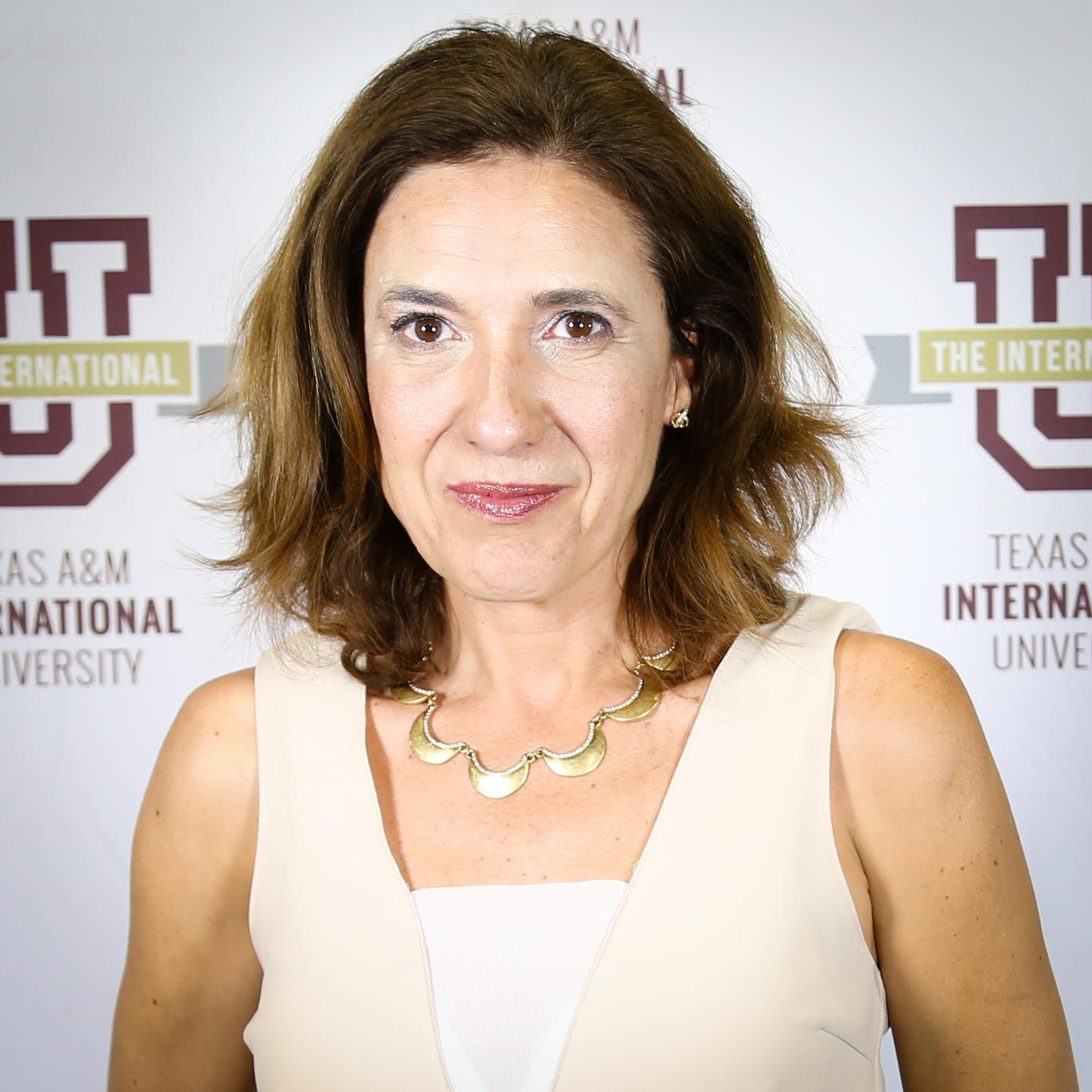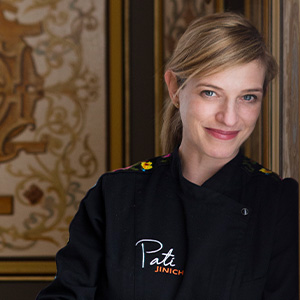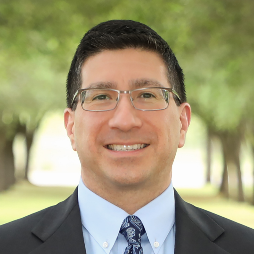Dustdevil Diversity Spotlight: Dr. Irma Cantú

This is part of a series of interviews highlighting diversity at TAMIU. On the occasion of Women’s History Month, this interview features Dr. Irma Cantú, TAMIU, associate professor of Spanish.
Advocating for Women’s Rights with Activism
Tell us where you are from and what you do here at TAMIU.
I am an associate professor in the Department of Humanities. My field of expertise is Mexican Literature and Culture and Spanish American Colonial Literature. I am from Monterrey, Nuevo León, México and earned my Ph.D. from The University of Texas at Austin.
As a woman, how do you feel your contributions impact TAMIU, the community and the world around you?
I am very active with women’s rights and gender studies. As an activist, I organize the Women’s March at TAMIU and participate in talks about this important topic. As a scholar and professor, I have published on women writers and have taught classes related to the topic. Currently, I am teaching the course, “Female Mexican Writers” at our master’s level.
Who has been your greatest inspiration?
Definitely Sor Juana Inés de la Cruz, a Mexican poet and nun, who wrote the first document demanding education for women in 1691 and published it in 1700. It is entitled, “Reply to Sor Philotea.”
Many women around me inspire me constantly: writers, artists, politicians, colleagues and students. Women who succeed in all walks of life despite major obstacles ahead are an example of courage, talent, diligence and strength.
Who do you consider a role model?
Women who are very aware of our position in the world and try to change it. Women who help other women because they develop a sense of sorority. Women with passion who inspire other women to succeed.
Female scholars who are revealing historical women and placed under a new light have inspired me: new interpretations of Malintzín, for example. Also, those scholars who are re-reading main female characters and exposing the sexism taking into account their context such as Madame Bovary, Anna Karenina, Ana Ozores, and La Regenta to name a few.
As scholars, we all have to visualize the unfair treatment of women over the centuries and learn to see them in a fairer context and more humane dimension.
Please share with us your proudest accomplishment to date.
I feel proud every time I see students in our Spanish Program succeed, particularly those that become our colleagues such as: Dr. Alejandra Márquez, Dr. Lilia Eskildsen, Dr. Jaime Cano.
Also, I am proud of students, who upon graduation, enter the workforce to occupy positions in which they serve their community such as Carmen García-Arévalo, director of the Laredo Food Bank, among many others.
Tell us what you’re doing today academically, career or life-wise and what your future plans are.
Currently, I am writing an article on three female poets from our region who have written about violence from a very different perspective than more visible male narrators. It is a topic of major importance to all, as female voices have systematically been ignored. These voices should join other representations to really reveal a more complex understanding of the phenomena.
Also, I continue serving as vice-president in the Seminario de Cultura Mexicana, to which I contribute by providing a platform for female writers, artists and scientists to share their important work.
My future plans are to continue developing classes in which female voices share their experience as equal as male voices, balancing their scholarly contributions with their male counterparts.
I will also continue to develop my research agenda on female writers in Mexican literature and culture.
I am keeping my activism in women’s rights by inviting female and male scholars and experts who very consciously take these rights as an important issue.
What change would you like to see related to women’s rights in the near future?
Definitely, education will be a priority: not only about women and girls having access to education, but also changing plans and programs in the school –from elementary to university- to make women’s rights, struggles and contributions more visible.
Do you think it is important for young people to be educated about women’s rights?
I think a course on women and gender issues or workshops with gender perspective from a very young age is key to advancing a fairer and more equal society.
Is diversity important at university campuses, at work and overall? Why?
We are a diverse world in which women compromise 51% of the human population. A reality has to show this diversity. We also need more women in position of power.
Being a woman comes with a peculiar way to dealing with everyday life. If we all want to assess and better our society, female voices have to be heard and actions taken regarding their needs.
University campuses are one of the few spaces in which women’s rights tend to be considered. I have seen an increase of interest in our University for women’s rights. Every time I have tried to organize an event related to women’s rights, I have received full support by different areas of TAMIU such as: Office of Global Initiatives, Office of Public Relations, Office of International Engagement, and the Department of Humanities. I appreciate their efforts and we have to continue joining forces on women’s rights.
What quality or attitude do you think would be key to improving women’s rights?
We all have to acknowledge that we live in a system that tends to be unfair to women. It will require many steps to reach a non-biased gender community. It is a long journey, so empathy, solidarity and strength are the qualities we need to develop in order to succeed.


